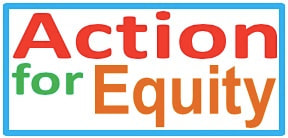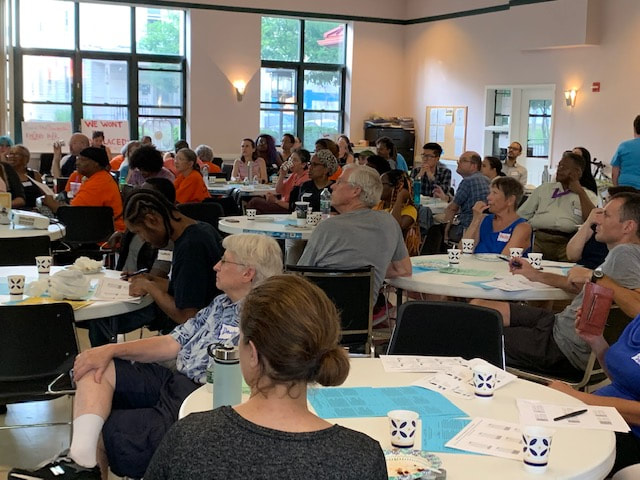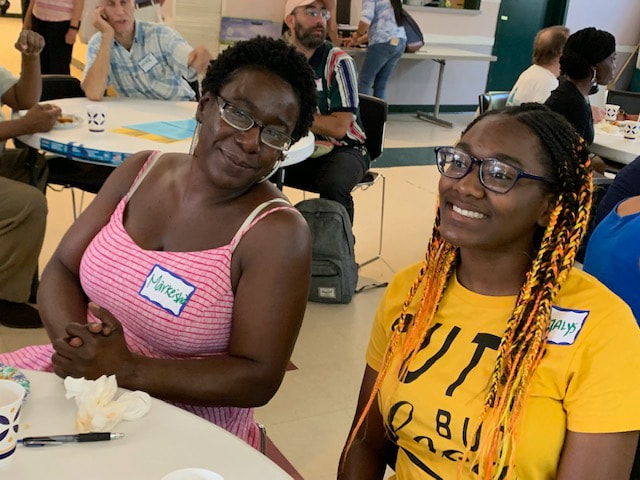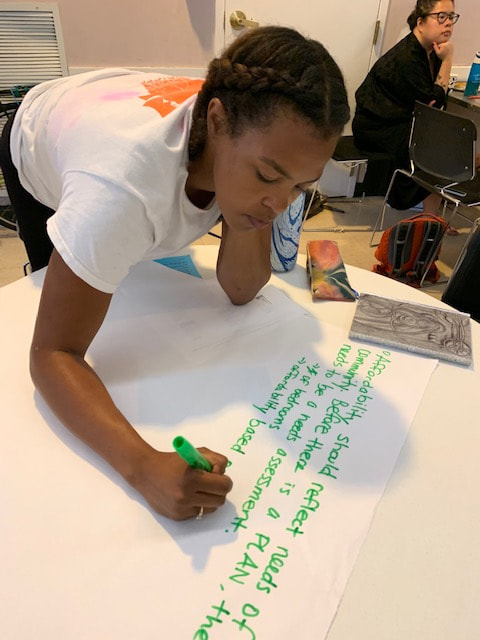Action for Equity, Boston Tenant Coalition, and other member organizations are leading the way to higher IDP requirements in Boston
Coalition for A Truly Affordable Boston (CTAB) is a broad based coalition of grassroots, community, homeless and CDC working together to improve the City’s Inclusionary Development Policy (IDP). There are about 12-15 active groups and about 10 others that have supported new demands. The Boston Tenant Coalition anchors CTAB.
Learn more at: https://www.affordableboston.org/
Most Active Groups:
- Action for Equity
- Allston Brighton CDC
- Boston Tenant Coalition
- Chinese Progressive Association
- Dot Not 4 Sale
- Fenway CDC
- GBLS
- Greater Bowdoin Geneva Neighborhood Association
- Homes for Families
- JPNDC
- Keep it 100% for Real Affordability and Racial Justice
- MAHA
- Mass Alliance for HUD Tenants
- Reclaim Roxbury
- RISE
- Sierra Club
Make 1/3 of New Housing Truly Affordable
On Monday, August 19th over 1,000 Boston residents signed postcards to Mayor Walsh asking to MAKE THE IDP MATCH COMMUNITY NEEDS. A broad coalition is demanding that the Inclusionary Development Policy be changed so that 1/3 of new housing is Truly Affordable, at 30-70% AMI for rental units (40% AMI on average) and 50-100% for ownership units.
Over 100 Dorchester residents joined Dot Not for Sale, New England United for Justice, Boston Tenant Union, Asian American Resource Workshop, Action for Equity, and others both to listen to BPDA Housing Policy Manager Tim Davis and to tell the city our point of view. Residents were clear—Boston needs affordable housing!
Over 100 Dorchester residents joined Dot Not for Sale, New England United for Justice, Boston Tenant Union, Asian American Resource Workshop, Action for Equity, and others both to listen to BPDA Housing Policy Manager Tim Davis and to tell the city our point of view. Residents were clear—Boston needs affordable housing!




